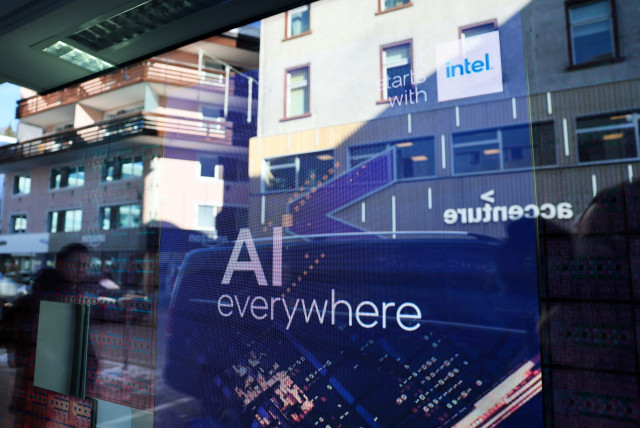Using AI to empower the underrepresented - opinion

Fast-paced technological advancements in artificial intelligence prove the possibility of creating opportunities for unrepresented groups.
Most of us learning professionals have identified early on the limitless potential Generative AI holds for learning processes. The ability to harness an abundance of knowledge repositories, and to train a responsive virtual tool to become your learning guide, has sparked a new type of excitement in the learning world.
The rapid progress of GenAI technology and the constant development of its abilities enable us learning experts to actualize a new mindset: a truly democratic and all-inclusive approach to learning.
In today’s rapidly evolving digital landscape, AI has emerged as a transformative force with profound implications across sectors. Yet, the benefits of AI innovation and expertise have not been equally accessible to all segments of society.
This digital divide not only perpetuates disparities but also stifles inclusive progress and limits opportunities for diverse perspectives to shape the future of this intelligence technology.
Access to AI knowledge and skills is increasingly becoming a prerequisite for meaningful participation in the workforce. By empowering underrepresented groups – such as women, religious and ethnic minorities, individuals with disabilities, the elderly, and economically disadvantaged communities – we can dismantle barriers and unlock new pathways to economic empowerment and social mobility.
Providing equitable access to AI education and training equips individuals with the tools to navigate and harness the potential of AI technologies, which will enable them to contribute meaningfully to innovation and decision-making processes.
The rapid pace of technological advancement requires individuals and communities to continuously learn and adapt. By fostering a culture of lifelong learning and digital literacy, we empower individuals to navigate technological change, seize emerging opportunities, and contribute to a more inclusive and prosperous society.
As the director of learning at Appleseeds, I am deeply committed to advancing AI knowledge among underrepresented groups. This is our prime directive for 2024 and onwards, but it is also a personal mission of mine. As a learning professional for the past 20 years, primarily in the technological field, embracing this new technological frontier in the context of empowering growth in underserved communities brings new opportunities to my professional life.
The ability to infuse new content into our ongoing learning programs, as well as create entirely new tracks that are tailored to our diverse learning audiences, while supporting other NGOs (as ourselves) in their implementation of this new technology, is truly a wonderful professional opportunity, for which I am grateful.
Diversity fuels innovation, and innovation fuels growth and prosperity.
Today, these statements are well-known facts, and it is what propels our mission at Appleseeds. Empowering underrepresented groups with AI knowledge enables them to leverage these technologies to drive local innovation, solve community-specific problems, and advocate for policies that promote equity and justice.
By cultivating AI expertise among underrepresented groups, we enrich the talent pool and enhance the diversity of thought within AI research, development, and implementation.
Whether it’s using AI for personalized healthcare solutions, sustainable resource management, or inclusive education platforms, diverse voices and experiences are essential for designing and implementing solutions that benefit everyone.
Equipping underrepresented groups with AI knowledge not only enhances their employability and career advancement opportunities but also builds resilience in the face of future disruptions.
The writer is director of the learning unit at Appleseeds, an Israeli NGO “helping people in the geographic and social periphery step into the digital world,” and spearheads its AI integration and strategy. She has served as Wix Academy manager, and led its engineering learning and brand activities, in addition to holding many learning management roles in hi-tech.
Jerusalem Post Store
`; document.getElementById("linkPremium").innerHTML = cont; var divWithLink = document.getElementById("premium-link"); if (divWithLink !== null && divWithLink !== 'undefined') { divWithLink.style.border = "solid 1px #cb0f3e"; divWithLink.style.textAlign = "center"; divWithLink.style.marginBottom = "15px"; divWithLink.style.marginTop = "15px"; divWithLink.style.width = "100%"; divWithLink.style.backgroundColor = "#122952"; divWithLink.style.color = "#ffffff"; divWithLink.style.lineHeight = "1.5"; } } (function (v, i) { });

